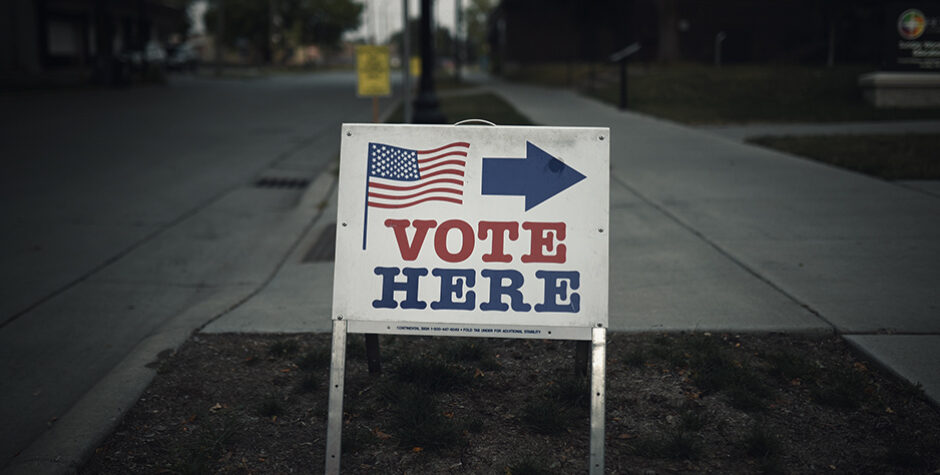Now More Than Ever Election Security and Election Integrity Are Necessary
Now more than ever, states face questions regarding election integrity, election security, and the possibility of election fraud. Such questions justifiably create a crisis of legitimacy for the government.
State legislators, prosecutors, citizens, and, if necessary, the federal government must aggressively engage in a root-and-branch effort to eliminate cases of outright fraud which historically have included instances of buying votes, the fraudulent use of absentee ballots, individuals voting who are ineligible including instances of dead voters voting, false or fraudulent registrations and duplicate voting, all of which have been outlined in a 192-page report by the Heritage Foundation. Evidently, three distinct concerns plague “the legitimacy of the 2020 presidential election: fraud, the security of voting machines and software, and violations of state election codes.”
In a number of court cases filed by President Donald Trump and his voters, the plaintiffs seek judicial intervention to true the vote. These court cases have a clear factual foundation. Consider the following instances of possible misconduct.
For example, Clark County, Nevada’s largest county, has just thrown out the votes for one of its commissioner races because of election discrepancies. Still the county refuses to do the same in the race for President of the United States, which is equally fraught with irregularities.
In Georgia, the state has continued to find missing votes, even as it forged ahead to certify its vote count for the presidential race. So far, the state of Georgia has found missing votes in Floyd County, Walton County, Douglas County, and Fayette County, in addition to a major voter discrepancy uncovered by a poll watcher in DeKalb County. In Wayne County, Michigan, the state’s largest county, Monica Palmer, the Chairperson of the Wayne County Board of Canvassers, initially refused, then certified (after being bullied), and then rescinded her certification of the county’s vote because of voting irregularities in the city of Detroit. Wayne County’s errors, if proven, would affect both the presidential and senatorial races in the state of Michigan.
Because of these and other cases, it can be rightly argued that “[s]tate legislatures should initiate and oversee their own election audit. Anything less will leave half of America questioning the legitimacy of the 2020 election.” In other words, as the unfolding mess in Georgia illustrates, legislators should take an active role in auditing results provided by Georgia’s Secretary of State.
In addition, in the future, citizens as well as state legislators should be involved in ensuring election integrity because, as the squabbles or the recounts in two counties in Wisconsin, the disputes over the state election audit in Georgia, and the certification mess in Wayne County, Michigan, have shown, American citizens cannot leave this process up to either the secretary of state of their jurisdiction or the bureaucrats if Americans wish to remain citizens of a constitutional republic.
To be clear, the burden regarding election integrity falls on the state legislators first. We must remember that under our constitutional framework, legislators “have the ultimate and exclusive authority to appoint electors.” The Constitution, in Article II, Section 1, Clause 2, grants legislators the following authority: “Each State shall appoint, in such Manner as the Legislature thereof may direct, a Number of Electors, equal to the whole Number of Senators and Representatives to which the State may be entitled in the Congress.”
It is up to each and every citizen to insist that legislators do their job, preferably before an election takes place. If legislators cannot do their job, they should be removed and replaced by responsive legislators. Otherwise, our republic risks moving closer and closer to the dustbin of history.
At the ACLJ, we are dedicated to defending the Constitution and the integrity of the election, having filed in the landmark Bush v. Gore case at the Supreme Court. There is no more important task in a constitutional republic. And that fight is more important now than ever.
